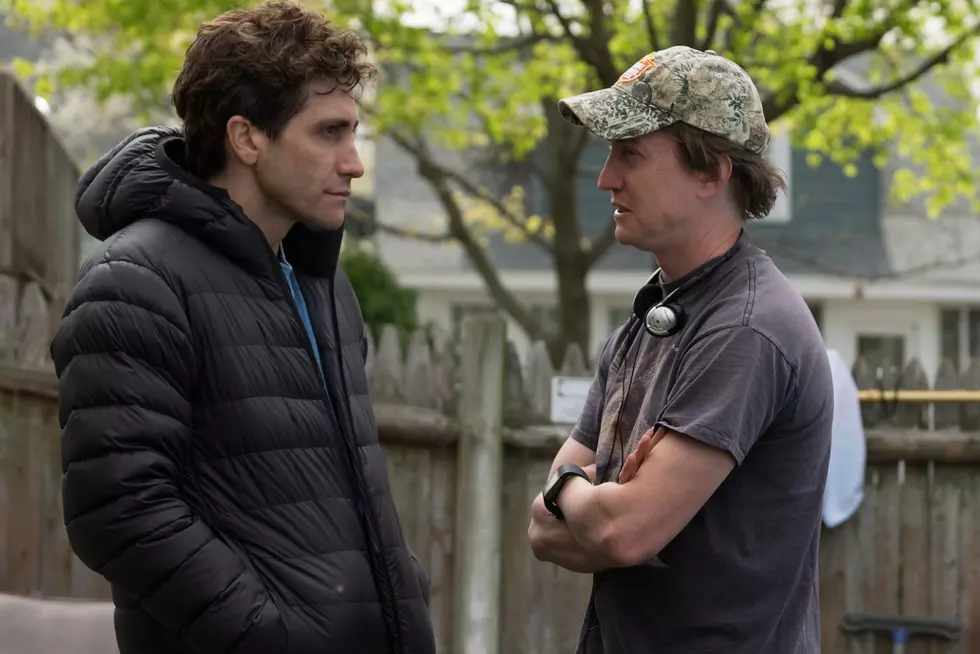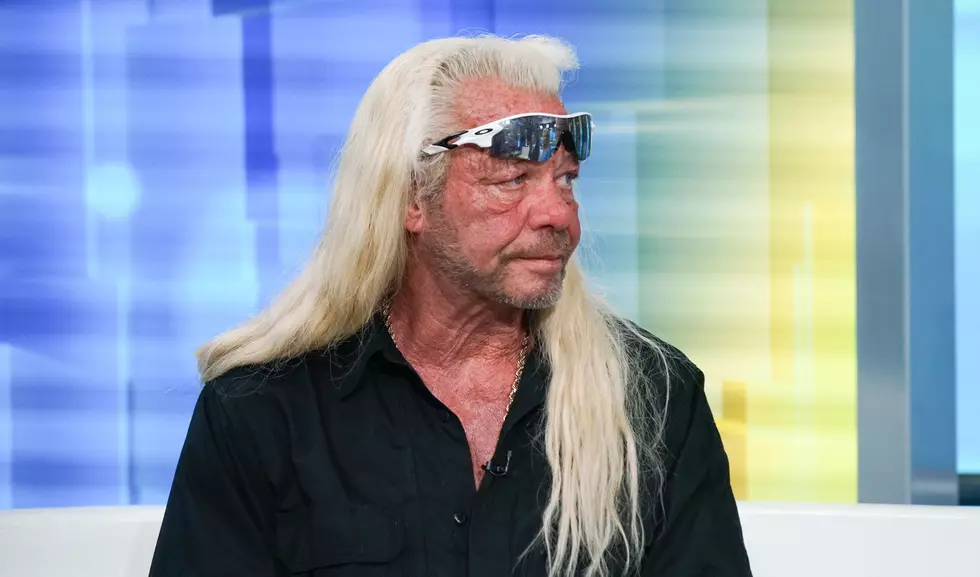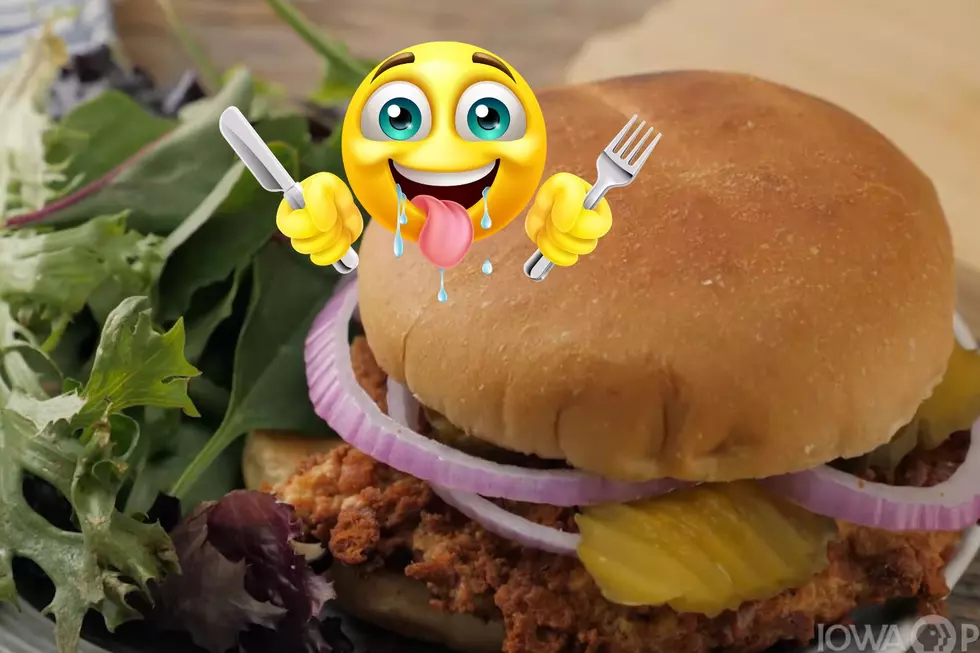
David Gordon Green Explains Why ‘Stronger’ Is Unlike Anything He’s Ever Done
There’s really no single way to describe a David Gordon Green film. The 42-year-old filmmaker has made it his mission to constantly switch things up, and he’s dabbled in almost every genre imaginable. After beginning his career with character-driven stories about the American South (George Washington, All the Real Girls), he drifted into the mainstream with stoner comedies (Pineapple Express, Your Highness), indie buddy movies (Prince Avalanche), and political satire (Our Brand Is Crisis). Next up, he’s trying his hand at horror with his Halloween reboot/sequel. But Green’s latest feature is his biggest departure yet.
In Stronger, Green tells the story of Jeff Bauman, the Bostonian who became a national hero and symbol of hope after losing his legs in the 2013 Boston Marathon bombing. Written by Joe Pollono and based on Bauman’s memoir, Stronger stars Jake Gyllenhaal as Bauman, chronicling his struggle through recovery and fraught family relationships. But unlike many true-to-life biopics, Stronger isn’t a manipulative tearjerker that turns real people into caricatures; instead, Green’s film is a much more genuine portrait of tragedy and survival.
Following Stronger‘s debut at the Toronto International Film Festival, Green told me what made this project different from any other in his career. “I’m typically pretty self-indulgent,” Green admitted. With Stronger, the director was more reserved and cautious, and for the first time he hired an entirely new crew instead of his usual film school gang. Green also told me about hiring the real-life doctors and nurses who cared for Bauman following the attack, and how that brought an added layer of authenticity to the movie.
How is your festival going so far?
I’ve gotta leave tomorrow and hit the road to Boston. We’re hustling the movie and trying to get the word out. It’s feeling like the audience is connecting the way that I really hoped they would. It feels very rewarding. The movie was really difficult to make and the audience is a very important part of this particular film for me, as opposed to some movies that are a little bit more self-indulgent. This is one I really wanted to invite the world to see. Like, let’s experience this together and have a conversation about it. That’s not a typical place for me. I don’t typically make true-to-life stories. This is biography I guess, to some degree, and things are very new to me and important to me. I hope that it does connect.
I can imagine there’s an element of wanting to make this movie for the people of Boston.
Yeah. We’re screening it – there’s a rehabilitation hospital that we filmed a lot of the movie at and we’re showing it in the gym where Jeff was actually recovering and taking his first steps that you see in the film. We’re turning that into a theater and bringing a lot of the patients from the hospital and the people involved. So it’s going to be a really special, nerve-wracking, you know it’s like one of those things; it’s why I made the movie, so I’m very excited about that.
Compared to your previous films, what was different about making a movie about a real-life event, especially one that’s still in our recent memory?
I’m typically pretty self-indulgent. I typically have a really good time making films. With this movie, I was a lot more reserved in terms of my day-to-day rambunctiousness. And cautious about how I’m representing specific individuals in a community that I was unfamiliar with and an extraordinary event that I have no authority within. And so I just did a lot of research, I met a lot of people. I formed a really strong connection with our screenwriter John Pollono, who had done years of – networking is a harsh term, but getting to know all the participants and embedding himself in this community and the subjects of the film.
My way in that I felt most respectful getting into the story was hiring a lot of people that –you know we [were] shooting a lot of real locations and bringing not just great actors from, Jake and Miranda [Richardson] and Tatiana [Maslany] that we know into the process, but having the surgeon who amputated Jeff’s leg play the surgeon in the film. The woman that’s pulling the tubes that intubated Jeff in the hospital is Odessa, the woman that you see in the film pulling the tubes out and covering his mouth. His physical therapists at Spaulding are in the film and the brothers that fit him for prosthetics at United Prosthetics, we’re shooting in their workshop with the two brothers that have been in their family for generations. So there was that. They’re gonna call Hollywood bulls– quick, you know what I mean?
So the goal was to have them first trust me with their story, which is a responsibility that I’ve never had before. Because you grow to love these people and they’re opening their doors and inviting you to their homes. You’re a part of a lot of dirty laundry just inevitably and the imperfect lifestyle that we all have. Someone walks in our door and sees where we live and has dinner with our family. So you commit to that connection, that communication, that respect, and your movie evolves in those parameters, for me. Other people are just out to make the movie version. It was really important for me, not only the audience be invited to the ultimate experience, which is very important on one hand, but then the subjects who are dealing with very harsh material and sensitive moments in their lives and very vulnerable exposure of things that they’ve entrusted us with, so I wanted them to support our experience.
As a director, what was that like to be working with real-life people who have been in these exact sensitive situations, compared to say, directing professional actors playing those roles?
I don’t have anything to tell them. I just setup a shot and I say, “This is the area where you go to work, and go to work.” So you say, the script is there for reference but there’s nothing that me or a screenwriter are going – through research and interviewing them, we can get an idea of what happened, but we’re not going to know the vernacular and technicalities of those procedures. The sequence where they’re changing [Jeff’s] bandages for the first time to clean the sutures, that’s just real doctors and nurses who were very close to Jeff in those intimate moments reliving those moments.
So I have very little to say. In fact, there’s only two setups in that scene because we didn’t need anything gratuitous. We just found a nice composition and said, “Do what you guys do,” thinking it might be a part of a montage or something, and it’s two-and-a-half minute shot. It was tough and emotionally it became – you’re there to make a movie about another person and it becomes very personal to you.
That’s tricky to work, not only within those ethical boundaries, but then you also got, hey we’re making a modest budgeted movie for a studio for commercial prospects and want it to be seen by people. So you’ve got to say, we have to also respect a business and make something that people want to buy a ticket to. We’re not making a documentary. Sometimes when you’re making a documentary you can kind of get away with what costs some money, but it’s not about the commercial nature of it. But here it did cost enough money that we felt responsible to try to bring that into the equation. We worked with a great company called Bold Films that really entrusted us with the biggest project that they’d financed, an ambitious movie, and nothing easy about it. Two years later, I can’t tell you how good it feels to have watched that movie with 2,600 people the other night. It felt really good. And then to go to Boston and show it to people that really matter to me.
What’s unique about this movie to me is how it doesn’t feel like the typical fare you’d expect from biopics about tragedies or subjects with disabilities.
Well, it was the ability of great actors and the generosity of the subjects letting us into their lives and getting to know them. By walking into their homes and filming in a lot of real locations – it’s not a recreation. It’s not a documentary. There’s a lot of condensing and elimination of characters and important plot points that are important to [Jeff’s] life but not important to the movie version. So there’s always that, but just goes back to the people that were important to Jeff’s life became important to me. They trust and love Jeff so he said, “Let’s trust and love David.” It kind of became that experience. Have you talked to Jeff?
No, I haven’t.
He’s an amazing guy with a great sense of humor. We just connected really quickly and said, “Hey, I’m not going to bulls– you. You don’t bulls– me. When you don’t want me to go there, I’m not going there. But I also want to challenge you and push this movie to the limits so it’s not your average Hollywood inspirational come-from-behind underdog movie. It’s something that has a grittier edge to it and we’re going to go darker than we usually do and we’re going to show what your struggles were really like and I want you to open yourself up to me like that.” I asked for that trust and it was cool.
Were you consulting with Jeff throughout and checking in to see if you ever went too far?
He would come to the parking lot, but he would never come onto the set. He didn’t really have an interest in relieving it, although he’s watched the movie twice now, which is interesting. I watched the movie with him a couple of times and he’s really supportive of it. I think he knows how much he’s affected people and his story means a lot to people and he empowers people. And I think it took a lot for him to recognize that, that he had the ability within himself. That a hug could be very empowering for him, to really connect with somebody with a handshake or something because people know what he’s gone through. I think the fact that the film exists can make that story reach even a greater number of people.
In the wrong hands, a film like this could easily sensationalize the violence of the attack. What was the decision-making process behind how much of the bombing to show?
The event is just a distant backdrop for me. This is a movie about the shadows of an event. There’s event movies, and then there’s shadow movies. This is a shadow movie. This is about what it is like after the event, when headlines have faded, when there’s true love at stake.
That’s a beautiful part of my curiosity of the story, is how do you deal with being an unlikely celebrity that just wants to go back to roasting chicken at Costco, watching a baseball game, and drinking beer with your buddies? And yet people know who you are, they see your face that that starts to mean something to them.
You’ve had such a varied filmmaking career. What draws you to making such a wide diversity of genres and stories?
Fear. I’m preparing to shoot a horror film, and just as a film fan wants to go see a different type of movie every weekend, I love to just use my relationships to explore the genres and get to know how they work, surround myself with experts in various field, and kind of like, [be an] investigative journalist on the inside of moviemaking. I don’t have a signature move. I get lost in it, I try to lose my name in my own projects and lose my own identity and go anonymously into a project that I’m passionate about, and I can be passionate about some really absurd things sometimes. This one just seemed to strike a human nerve with me that I was fearful of and all the degrees of the process that I’ve spoken about were unique to this experience. I don’t know that I’d do that again, but having done it I feel a tremendous pride for the resulting work.
This was an interesting process in that I didn’t hire anyone I know. I usually surround myself with film school friends that are part of my crew and the loyal, beautiful camaraderie and collaboration that I’ve had over the 17 years of my career. But other than my production sound mixer, he’s the only one I brought because he’s the stealth ears of how it all works, Chris Gebert. But he’s the only one I knew on set.
Why did you choose to do that on this movie?
Vulnerability. Just to be naked and learn and ask questions. There was no shorthand, it was all about communicating with people and specificities. It was a different game.
I’m sure your Halloween will be a whole other challenge, too.
Yeah, it’s a whole other challenge. I’m working with John Carpenter and Jason Blum and their incredible creative teams within that franchise, so I’m excited to learn from them.
How will your version will be distinct and your own?
We’ll see. I just wrote the script with Danny McBride, so we’ve just finished the script and taken the next steps. We’ll see what happens.
Is there any genre that you haven’t tackled yet and want to?
Bollywood musical. I would like to do a musical. I would like to do a movie with puppets. I had a puppet or two in Your Highness, but I would like to do one that is more featured as a puppet movie.
Maybe a puppet musical?
Maybe. Why not kill two birds with one stone? Or a puppet Bollywood musical. Maybe we’ll do it all.
Stronger hits theaters on September 22.
More From Y105






